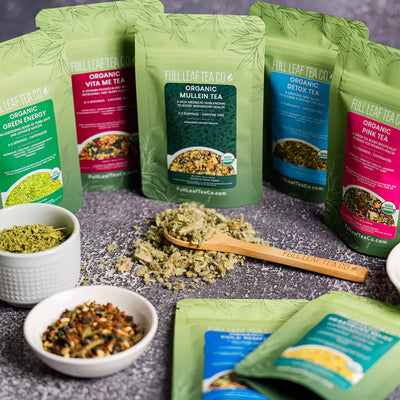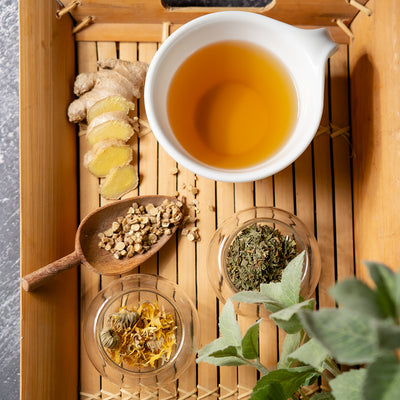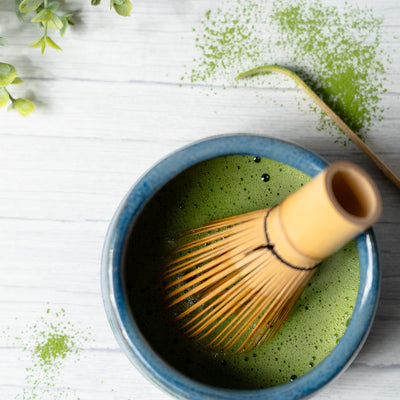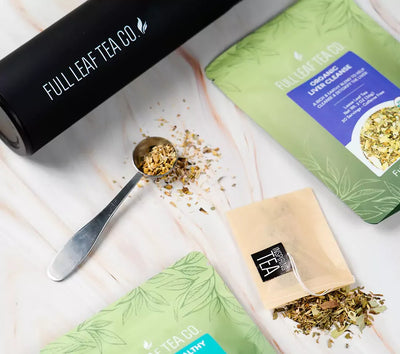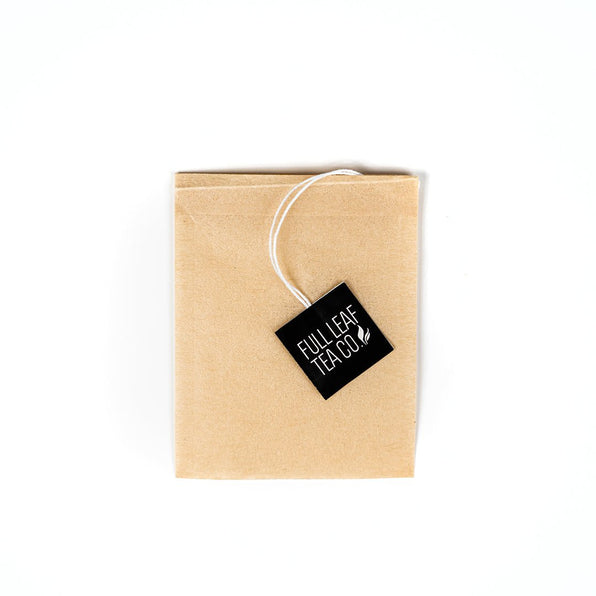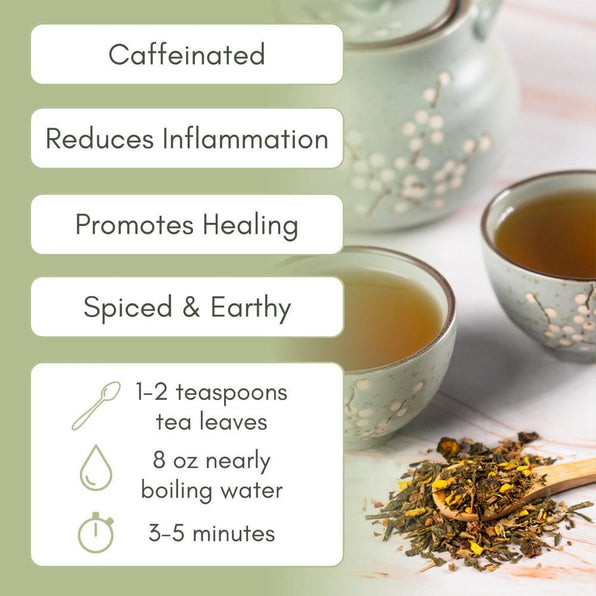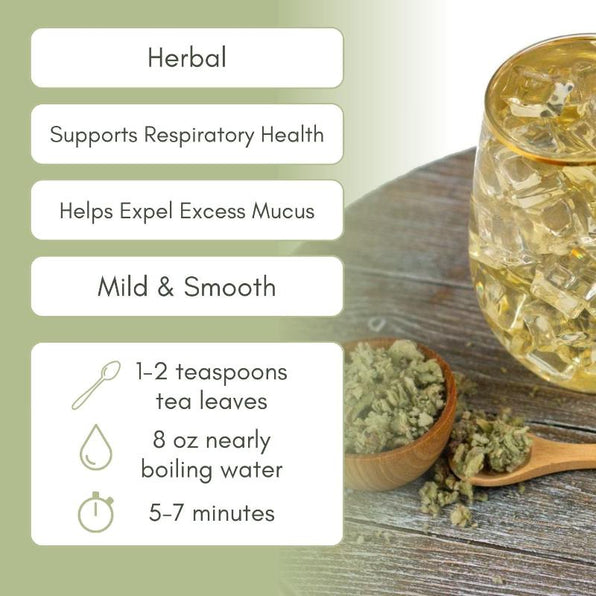What is Lemon Myrtle? (Backhousia citriodora)

Lemon myrtle is a native Australian tree in the myrtle family. It grows in the subtropical rainforests of Queensland and is loved for a bright, clean citrus aroma, often described as “lemonier than lemon.” It’s naturally caffeine-free, which makes it great for evening herbal infusions. Its essential oil is dominated by citral.

